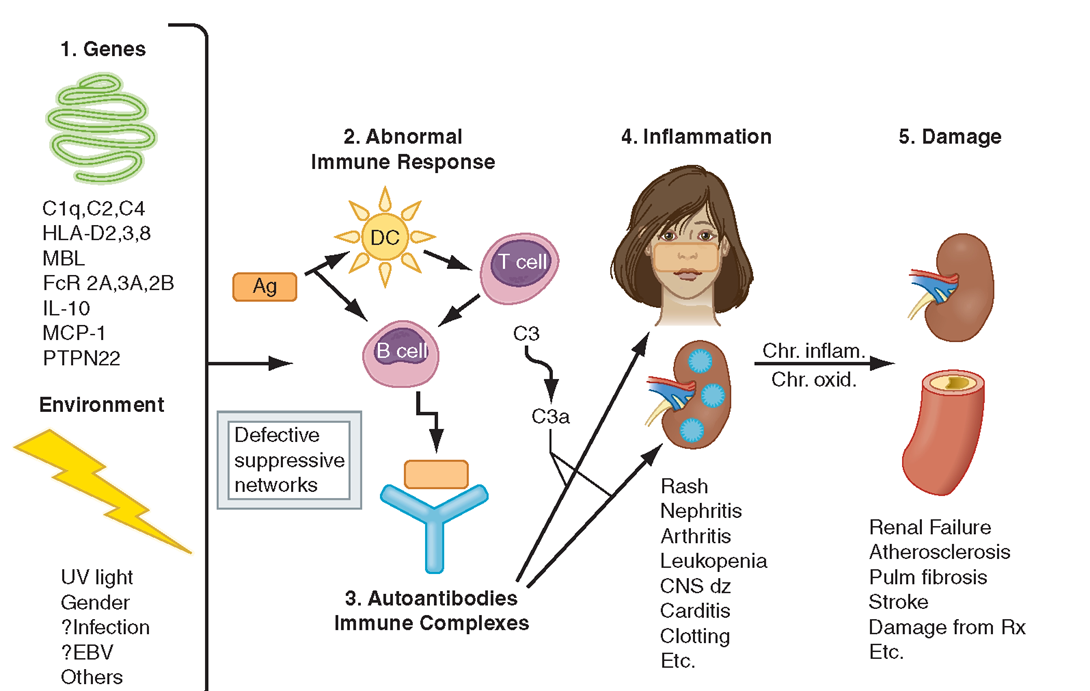A nurse is caring for a client who has heart failure.
A nurse is caring for a client. After reviewing the findings above, which of the following actions should the nurse take? (For each potential provider's prescription, specify if the prescription is anticipated, nonessential, or contraindicated for the client)
Potential Prescriptions
Place the client on 24-hr urine collection.
Request to hold the client's metoprolol.
Place on sodium restriction of less than 1.500 mg per day.
Request for an increased dosage of furosemide.
Decrease the client’s oxygen to 1 L/min via nasal cannula.
Weigh the client daily.
The Correct Answer is {"A":{"answers":"B"},"B":{"answers":"B"},"C":{"answers":"C"},"D":{"answers":"A"},"E":{"answers":"C"},"F":{"answers":"A"}}
Based on the information provided and the search results, here are the potential actions the nurse should take:
Choice A. nonessential
Reason: A 24-hour urine collection helps diagnose kidney problems. However, there is no clear indication from the provided information that the patient has kidney issues. Therefore, this prescription is at this point.
Choice B. nonessential
Reason: Metoprolol is a beta-blocker used in the treatment of heart failure. There is no clear indication from the provided information that the patient is experiencing adverse effects from metoprolol that would necessitate holding the medication.
Choice C. contraindicated
Reason: For people with heart failure, restricting dietary sodium intake to levels below the standard recommended maximum of about 2.3 grams per day does not bring additional benefits and may increase the risk of death.
Choice D. anticipated
Reason: Furosemide is a diuretic used in the treatment of heart failure. The patient's weight has increased, which could indicate fluid retention, a common symptom of worsening heart failure. Therefore, this prescription is .
Choice E. contraindicated
Reason: Oxygen therapy is used in heart failure patients to ensure adequate oxygen supply. However, the patient's oxygen saturation has decreased from 93% to 90%.
Choice F. anticipated
Reason: Daily weight monitoring is crucial in heart failure management as it can help detect fluid retention, a common symptom of worsening heart failure.
Nursing Test Bank
Naxlex Comprehensive Predictor Exams
Related Questions
Correct Answer is ["A","B","C"]
Explanation
Choice A reason: Applying SPF 30 sunblock is crucial for clients with SLE to protect their skin from UV light, which can exacerbate the condition.
Choice B reason: Applying lotion twice daily can help maintain skin hydration and integrity, which is important for clients with SLE who may have dry or sensitive skin.
Choice C reason: Gently patting the skin dry after bathing can minimize irritation and is a gentle way to care for sensitive skin, which is beneficial for clients with SLE.
Choice D reason: Limiting time on tanning beds is not advisable; clients with SLE should avoid tanning beds altogether due to the risk of UV light triggering a flareup.
Choice E reason: Using an astringent on reddened areas is not recommended as it can be harsh and drying, which could worsen skin irritation for clients with SLE.

Correct Answer is D
Explanation
Choice A reason: Liquid iron supplements should not be taken undiluted as they can stain the teeth and may cause irritation to the digestive tract.
Choice B reason: Taking iron supplements with antacids is not recommended as antacids can interfere with the absorption of iron.
Choice C reason: Black stools can be a normal side effect of iron supplementation due to the unabsorbed iron; it does not necessarily indicate a need to contact a doctor unless there are other symptoms of concern.
Choice D reason: Increasing fiber intake can help prevent constipation, which is a common side effect of iron supplements.
Whether you are a student looking to ace your exams or a practicing nurse seeking to enhance your expertise , our nursing education contents will empower you with the confidence and competence to make a difference in the lives of patients and become a respected leader in the healthcare field.
Visit Naxlex, invest in your future and unlock endless possibilities with our unparalleled nursing education contents today
Report Wrong Answer on the Current Question
Do you disagree with the answer? If yes, what is your expected answer? Explain.
Kindly be descriptive with the issue you are facing.
